Many people are storing common foods incorrectly, which can lead to spoilage and waste. Understanding the right way to keep these items can help maintain their freshness and flavor. Here are 15 common foods you're storing wrong and how to fix it for better results.
Proper storage techniques not only extend the life of food but also enhance its quality. From fruits and vegetables to grains and dairy, each food type has specific needs. Learning these simple adjustments can make a significant difference in reducing waste and improving meal preparation.
Making small changes to food storage habits can save money and promote healthier eating. By following the tips outlined in this article, it's possible to enjoy fresher ingredients and minimize trips to the grocery store. Discovering the best ways to store food can transform everyday cooking.
Let’s dive into these essential storage tips to help you keep your food fresh and flavorful, making your meals even better!

Tomatoes
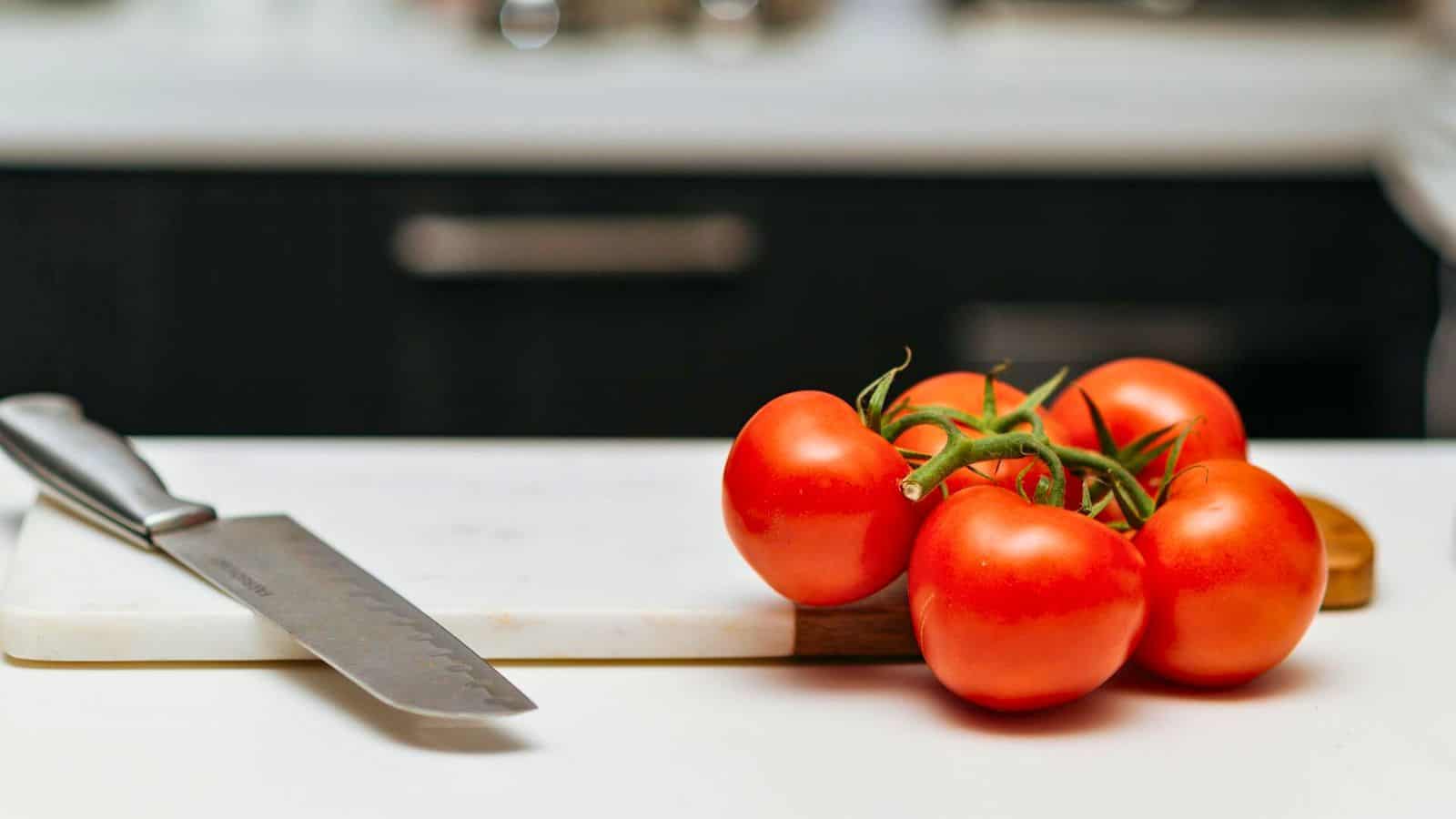
Storing tomatoes in the refrigerator can diminish their flavor and texture. Instead, keep them at room temperature, stem side up, in a single layer. This allows them to ripen properly and maintain their juicy sweetness, enhancing salads and sauces.
Potatoes

Keeping potatoes in the fridge can cause them to develop a sweet taste due to starch conversion. Store them in a cool, dark place, ideally in a paper bag or a breathable container. This prevents sprouting and keeps them fresh for longer periods.
Bread

Storing bread in the fridge can lead to dryness and staleness. Instead, keep it in a bread box or a paper bag at room temperature. For longer storage, consider freezing slices, allowing for easy access without sacrificing texture or flavor.
Fresh Berries

Storing fresh berries in the fridge can lead to mold and spoilage. Instead, keep them in a breathable container and wash them just before eating. This helps maintain their freshness and flavor, ensuring they remain a delicious and healthy snack for longer.
Onions

Storing onions in plastic bags can trap moisture and lead to spoilage. Instead, keep them in a cool, dark, and well-ventilated area, preferably in a mesh bag. This helps maintain their crispness and prevents sprouting, making them last longer.
Garlic

Garlic should not be stored in the fridge, as this can lead to sprouting. Instead, keep it in a cool, dark place in a mesh bag or a container with ventilation. This preserves its flavor and prevents mold growth, ensuring it stays fresh.
Apples

Apples release ethylene gas, which can speed up the ripening of other fruits. Store them in the refrigerator crisper drawer, ideally in a separate bag. This helps maintain their crispness and extends their shelf life while preventing spoilage of nearby produce.
Eggs
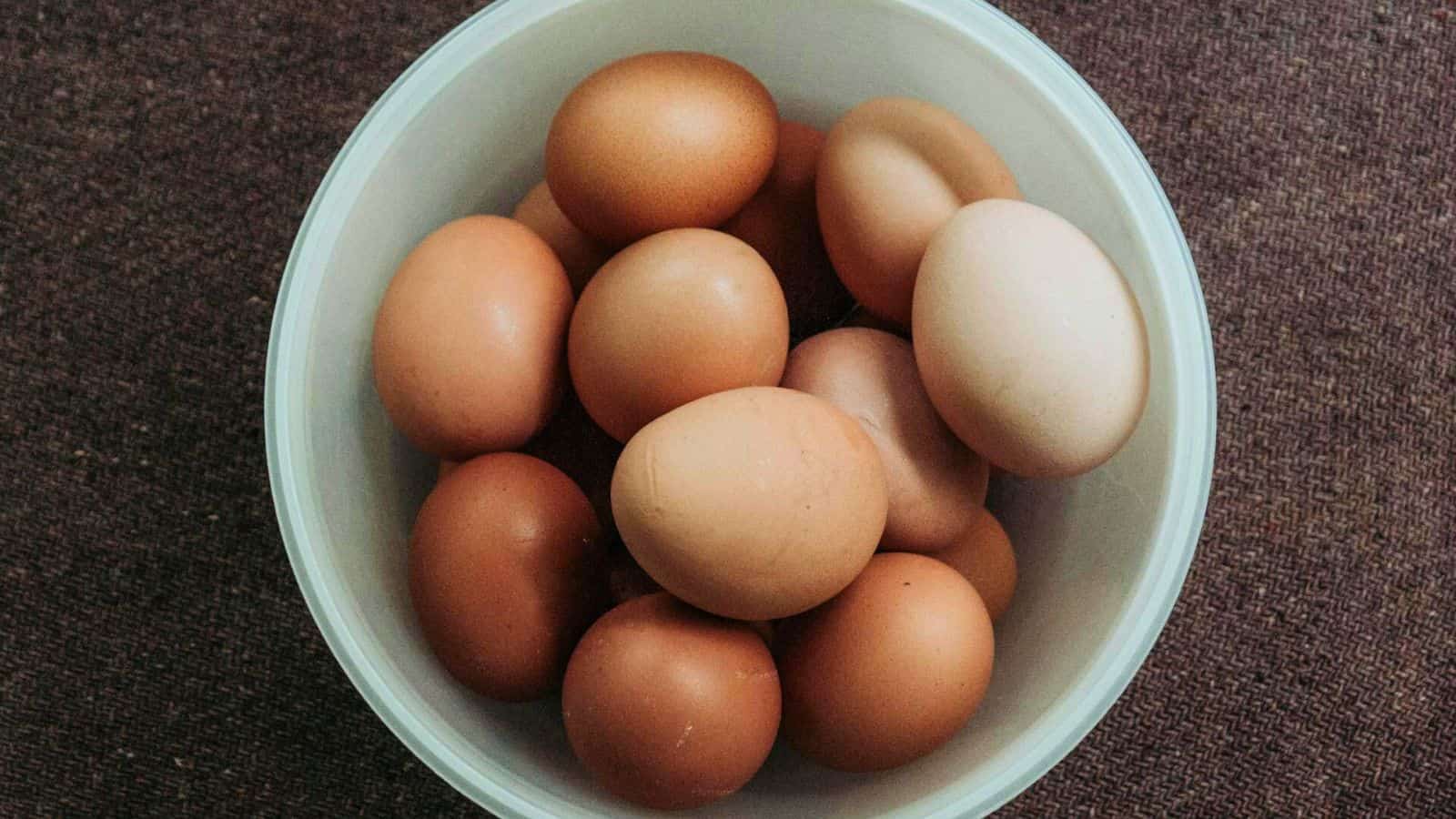
Storing eggs in the fridge door can expose them to temperature fluctuations. Instead, keep them in their original carton on a middle shelf. This maintains a consistent temperature, preserving freshness and flavor while preventing odor absorption from other foods.
Carrots

Keeping carrots in plastic bags can lead to moisture loss and wilting. Instead, store them in a container with water in the fridge or wrapped in a damp paper towel. This keeps them crisp and fresh, perfect for snacking or adding to dishes.
Cheese

Many people keep cheese wrapped in plastic, which can cause it to sweat and spoil. Instead, wrap cheese in parchment paper and then loosely in plastic. This allows it to breathe while retaining moisture, preserving flavor and texture for longer.
Bananas

Storing bananas in the fridge can halt ripening and lead to unappealing texture. Keep them at room temperature, away from other fruits, to avoid premature ripening. This ensures they stay flavorful and perfect for snacking or baking.
Fresh Herbs

Keeping fresh herbs in the fridge can cause them to wilt quickly. Instead, treat them like flowers by placing them in a jar of water and covering them loosely with a plastic bag. This keeps them fresh and vibrant for longer periods.
Citrus Fruits

Storing citrus fruits in the fridge can lead to drying out. Instead, keep them at room temperature, away from direct sunlight. This maintains their juiciness and flavor, making them perfect for snacking or adding to drinks.
Rice

Storing uncooked rice in the pantry can expose it to pests. Instead, keep it in an airtight container in a cool, dry place. This prevents spoilage and pests while ensuring it remains fresh for cooking when needed.
Chocolate
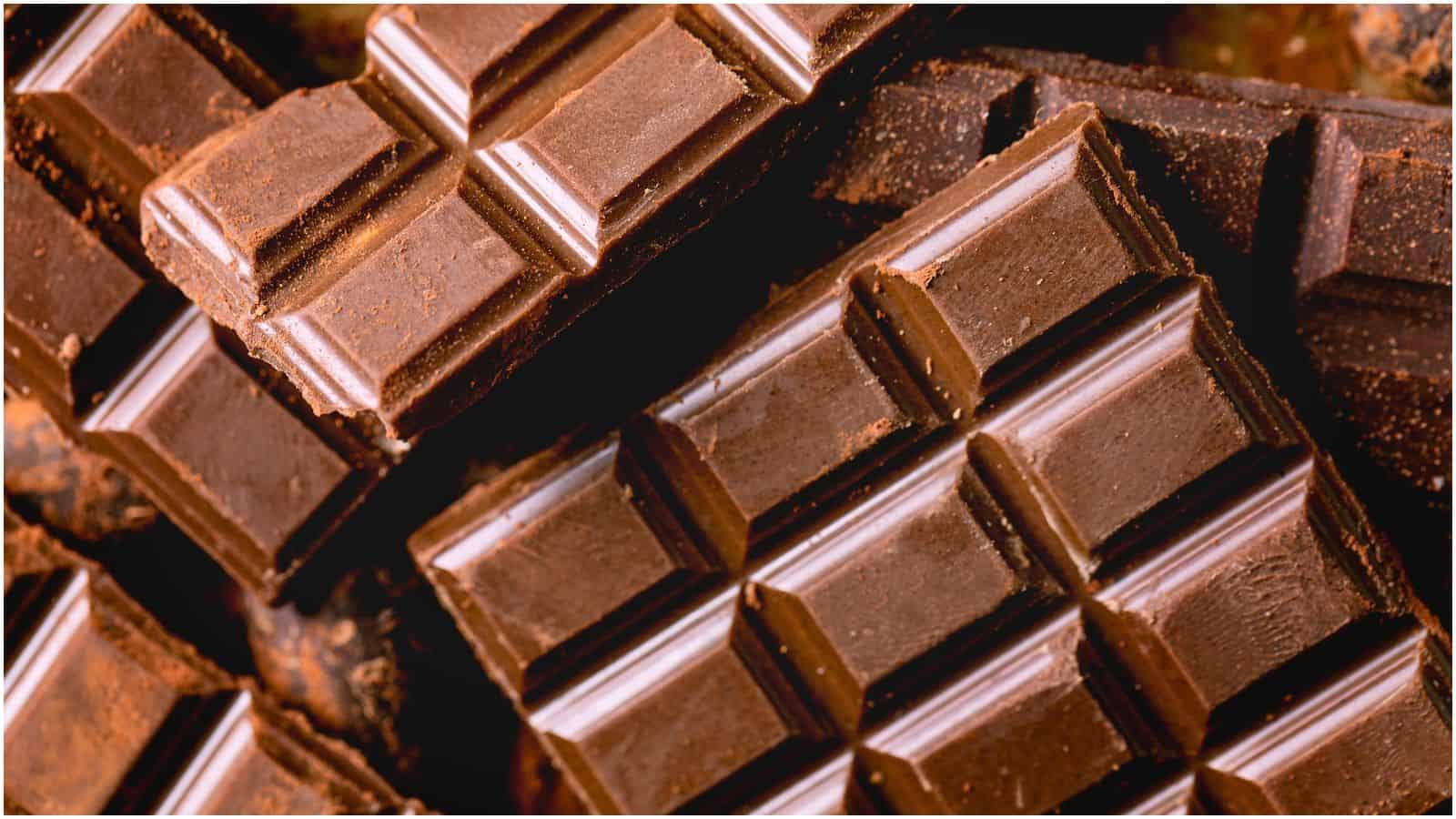
Storing chocolate in the fridge can lead to a dull texture and flavor. Instead, keep it in a cool, dark place, wrapped tightly in its original packaging. This preserves its rich taste and texture, making it a delightful treat anytime.
Stop These 9 Things You're Probably Doing All Wrong In Your Kitchen
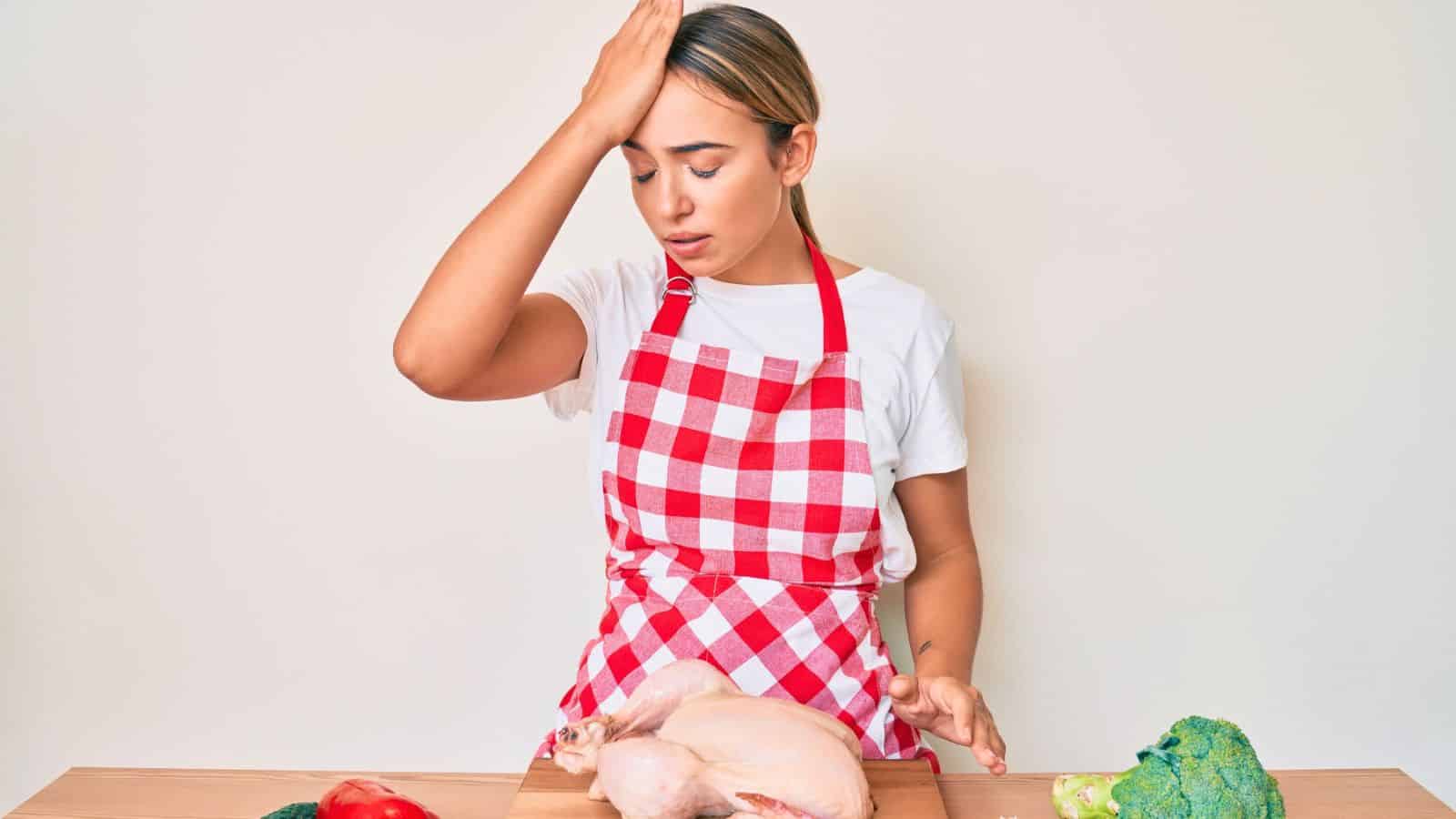
Want to learn more about your kitchen? Cooking at home is a great way to enjoy your meals, but there are 9 things you are doing all wrong in your kitchen that might be holding you back. From rushing through prep work to using the wrong tools, these small mistakes can add up, making cooking feel more frustrating than it should be.
Get the Recipe: Stop These 9 Things You're Probably Doing All Wrong In Your Kitchen
Debunking 11 Popular Food Myths That Have Confused You and Millions for Years

Do you like reading about food? Food myths have been around for so long that it’s easy to take them as truth without a second thought. We’ve all heard things like “eating fat makes you fat” or “carrots are great for your eyesight,” and maybe even passed these on to friends and family. But the truth is, not everything we hear about food is as straightforward as it seems.
Get the Recipe: Debunking 11 Popular Food Myths That Have Confused You and Millions for Years



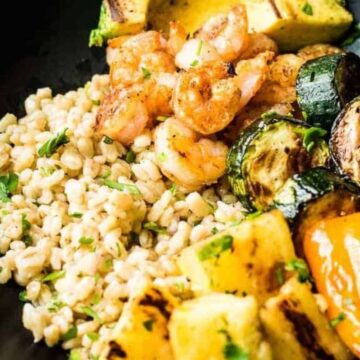


Tell Me What You Think!